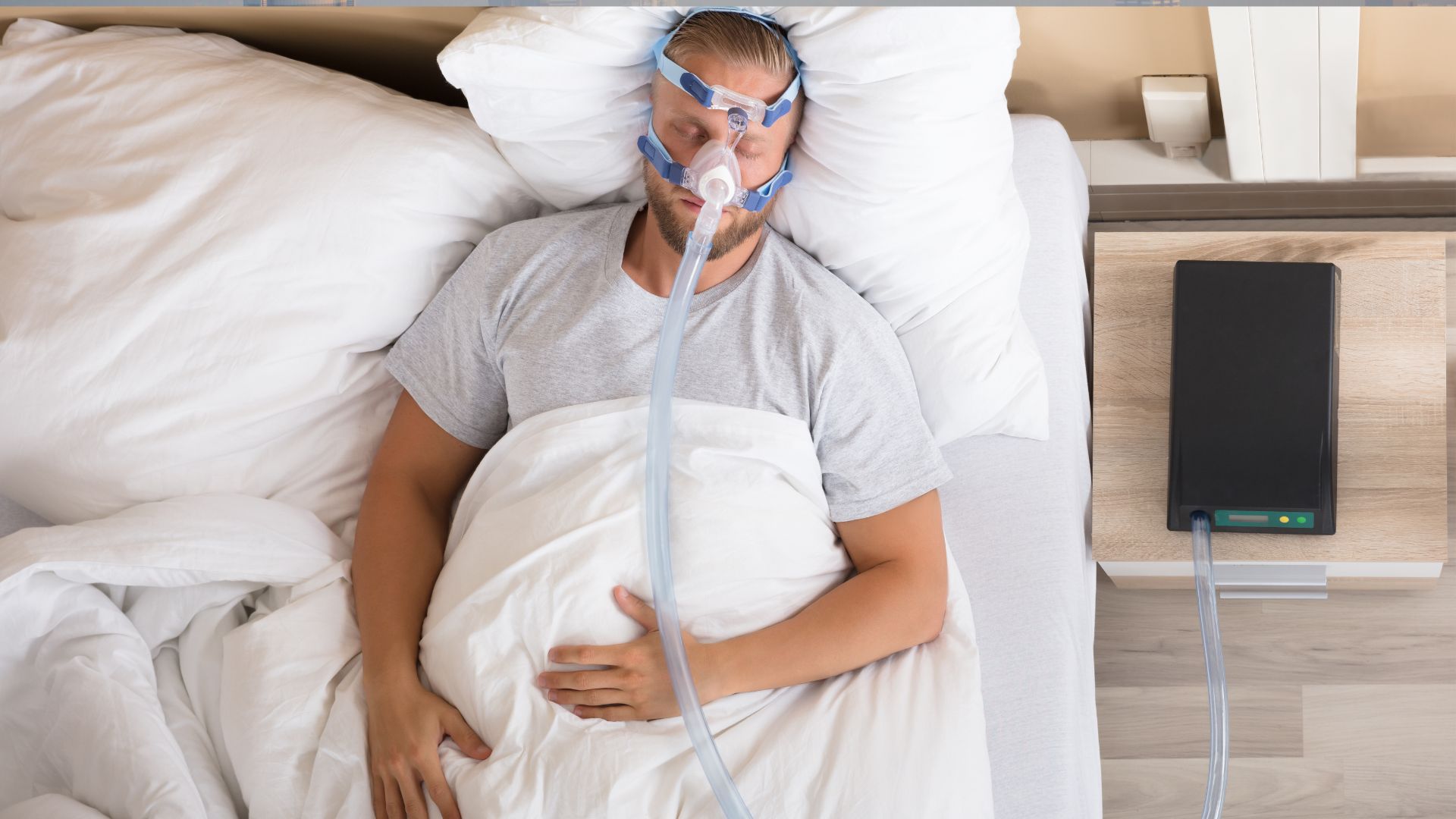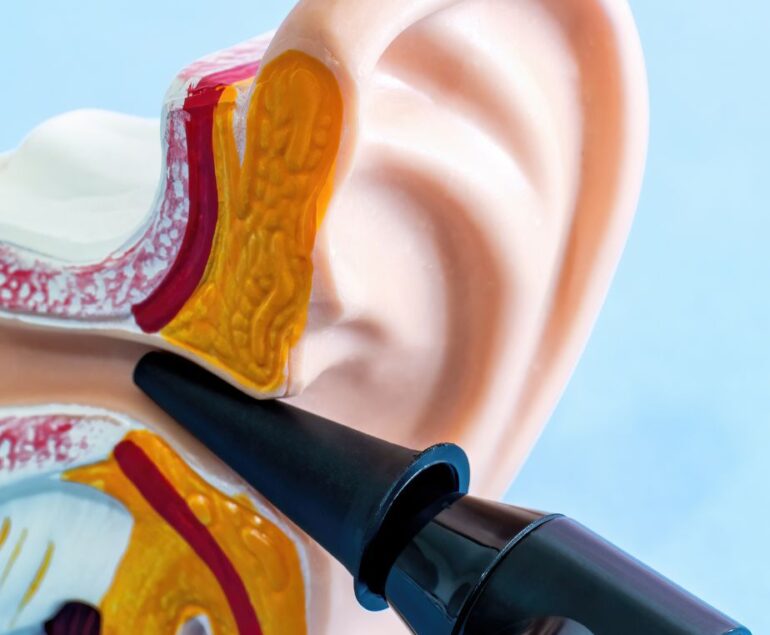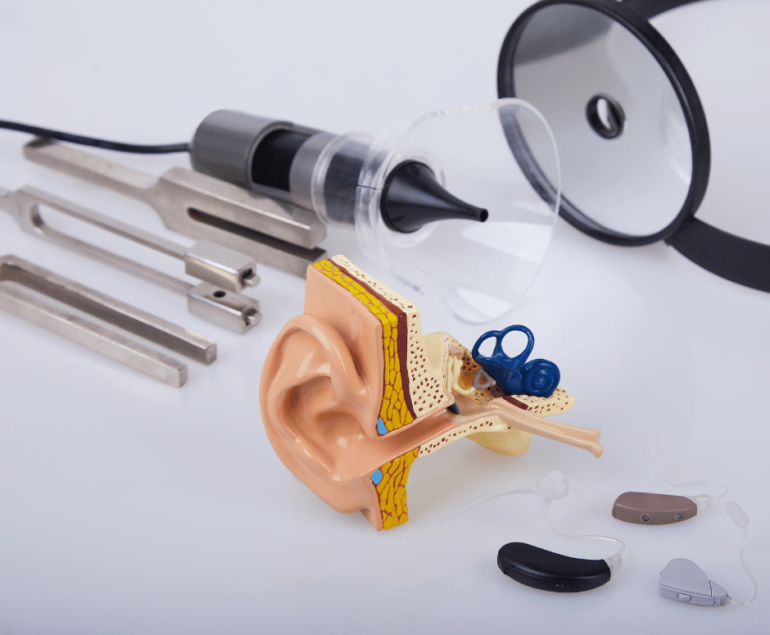Sleep apnea is a prevalent sleep disorder that affects millions of people worldwide, characterized by pauses in breathing or shallow breaths during sleep. While the condition can have various causes, recent research has highlighted a significant connection between oral health and sleep apnea. Understanding this relationship is crucial for effective management and treatment of both conditions.
Understanding Sleep Apnea
What is Sleep Apnea?
Sleep apnea is a disorder where breathing repeatedly stops and starts during sleep. It can lead to fragmented sleep and low blood oxygen levels, resulting in various health issues, including daytime fatigue and increased risk of cardiovascular diseases.
Types of Sleep Apnea
There are three main types of sleep apnea: obstructive sleep apnea (OSA), central sleep apnea (CSA), and mixed sleep apnea (a combination of OSA and CSA). OSA, the most common type, occurs when the throat muscles relax, obstructing the airway during sleep.
Overview of Oral Health
Maintaining good oral health is essential for overall well-being. Oral health encompasses the condition of the teeth, gums, and surrounding tissues. It is influenced by various factors, including oral hygiene practices, diet, genetics, and lifestyle habits.
The Relationship Between Oral Health and Sleep Apnea
Oral Anatomy and Its Impact on Sleep Apnea
The structure of the mouth, throat, and jaw plays a significant role in sleep apnea. Anatomical features such as a narrow airway, large tonsils, or a recessed jaw can contribute to airflow obstruction during sleep, leading to sleep apnea episodes.
How Poor Oral Health Contributes to Sleep Apnea
Poor oral health, characterized by conditions like gum disease, tooth decay, and oral infections, can exacerbate sleep apnea symptoms. Inflammation and swelling in the oral tissues can further narrow the airway, worsening breathing difficulties during sleep.
Common Oral Health Problems Associated with Sleep Apnea
Bruxism (Teeth Grinding)
Bruxism, or teeth grinding, is a common oral habit often associated with sleep apnea. The clenching and grinding of teeth can result from airway obstruction or physiological responses to sleep disturbances, leading to dental problems and jaw discomfort.
Temporomandibular Joint Disorder (TMJ)
Sleep apnea and TMJ disorder often coexist due to overlapping risk factors and shared symptoms such as jaw pain and muscle tension. TMJ problems can exacerbate sleep apnea symptoms and vice versa, creating a cycle of discomfort and sleep disruption.
Periodontal Disease
Periodontal disease, a severe form of gum disease, has been linked to sleep apnea in several studies. Chronic inflammation in the gums can contribute to airway inflammation and compromise respiratory function during sleep, worsening sleep apnea severity.
Treating Sleep Apnea Through Oral Health Interventions
Various oral appliances and dental treatments are available to manage sleep apnea and improve breathing during sleep. Oral appliances such as mandibular advancement devices (MADs) and tongue-retaining devices (TRDs) can help prevent airway collapse and reduce sleep apnea symptoms.
Lifestyle Changes for Better Oral and Overall Health
In addition to professional treatments, adopting healthy lifestyle habits is crucial for managing both oral health and sleep apnea. A balanced diet rich in fruits, vegetables, and lean proteins supports oral hygiene and overall well-being. Proper oral hygiene practices, including regular brushing, flossing, and dental check-ups, can prevent dental problems and reduce sleep apnea risks.
Importance of Seeking Professional Help
Individuals experiencing symptoms of sleep apnea or oral health issues should seek prompt evaluation by healthcare professionals. Consulting with an ENT surgeon or sleep specialist can lead to an accurate diagnosis and personalized treatment plan tailored to the individual’s needs. Collaboration between dentists and sleep specialists ensures comprehensive care and optimal outcomes for patients with both oral health and sleep-related concerns.
Conclusion
The connection between oral health and sleep apnea underscores the importance of holistic healthcare approaches that address both conditions simultaneously. By understanding the interplay between oral anatomy, oral health, and sleep apnea, individuals can take proactive steps to improve their quality of life and overall well-being.
FAQs
- How does untreated sleep apnea affect oral health? Untreated sleep apnea can contribute to various oral health problems, including gum disease, bruxism, and TMJ disorder, due to recurrent breathing pauses and oxygen deprivation during sleep.
- Can oral appliances effectively treat sleep apnea? Yes, oral appliances such as mandibular advancement devices (MADs) and tongue-retaining devices (TRDs) are commonly used to manage mild to moderate obstructive sleep apnea by repositioning the jaw and preventing airway collapse.
- Is there a link between sleep apnea and gum disease? Research suggests a bidirectional relationship between sleep apnea and gum disease, with each condition potentially exacerbating the other due to shared inflammatory pathways and compromised immune function.
- What role does dental hygiene play in sleep apnea management? Maintaining good dental hygiene practices, including regular brushing, flossing, and dental check-ups, is essential for preventing oral health problems that can worsen sleep apnea symptoms and contribute to overall health.
- How can lifestyle changes improve oral health and sleep apnea? Adopting healthy lifestyle habits such as a balanced diet, regular exercise, smoking cessation, and stress management can positively impact both oral health and sleep apnea by reducing inflammation, improving airway function, and promoting overall well-being.
About Author:
Dr. Vivek Kumar Pathak: Renowned ENT Surgeon, Senior Professor, and Founder.
Dr. Pathak, ENT surgeon at Kailash Hospital, Senior ENT Professor at Sharda University, and founder of Entegrity Care, brings expertise and innovation to healthcare. Discover the visionary behind Doxtreat Healthcare, shaping the future of ENT care.
Website www.drvivekpathak.com
Call +917838450942
WhatsApp +91 78384 50942
Book an appointment with Dr. Vivek kumar Pathak by filling the form.




